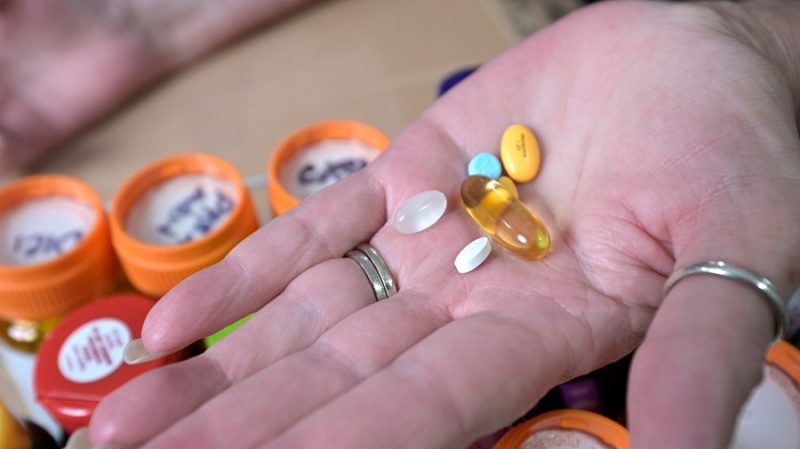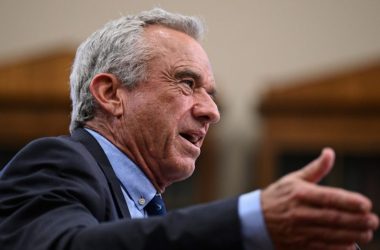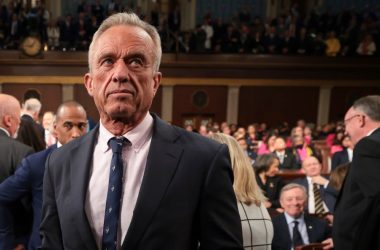A key cost-saving provision of the Inflation Reduction Act (IRA) goes into effect in the new year, limiting annual out-of-pocket spending on prescription drugs to $2,000 for Medicare beneficiaries.
Starting on Jan. 1, 2025, an estimated 19 million Medicare beneficiaries will see their out-of-pocket Medicare Part D spending capped at $2,000 for the year. This annual cap will be indexed to the rate of inflation every year going forward. An interim spending cap of roughly $3,500 was put in place in 2024.
According to an administration official, those with Medicare will save an average of $400 a year.
“Before I took office, people with Medicare who took expensive drugs could face a crushing burden, paying $10,000 a year or more in copays for the drugs they need to stay alive,” President Biden said in a statement Tuesday. “When I took on Big Pharma and won, we changed that, capping seniors’ out-of-pocket spending on drugs they get at the pharmacy for the first time ever.”
“My Inflation Reduction Act has changed Medicare for the better, and as a result Americans will have more money back in their pockets in the years to come,” he added.
Medicare enrollees with standard benefits in 2025 will pay a deductible of $590 and then pay 25 percent of their drug costs until their out-of-pocket spending totals $2,000, after which they will pay no additional costs.
The annual cap is one of the core cost-saving health care provisions included in the IRA, along with the Medicare drug price negotiation program and the $35 monthly cap on insulin.
Based on previous data, a minority of Medicare enrollees are likely to see a significant reduction in spending compared to before the cap was instated. Medicare beneficiaries paid an average of between $400 and $500 in annual out-of-pocket spending in 2022 according to the Department of Health and Human Services.
As KFF noted in a report earlier this year, more than 1.5 million Medicare Part D enrollees had annual out-of-pocket costs of $2,000 or more in 2021, representing only about 3 percent of Part D beneficiaries that year. AARP previously estimated that nearly 3.2 million Americans will save money on their prescriptions in 2025 due to the cost ceiling.





